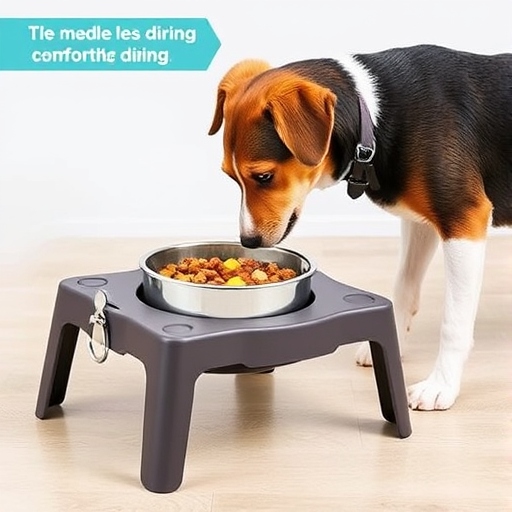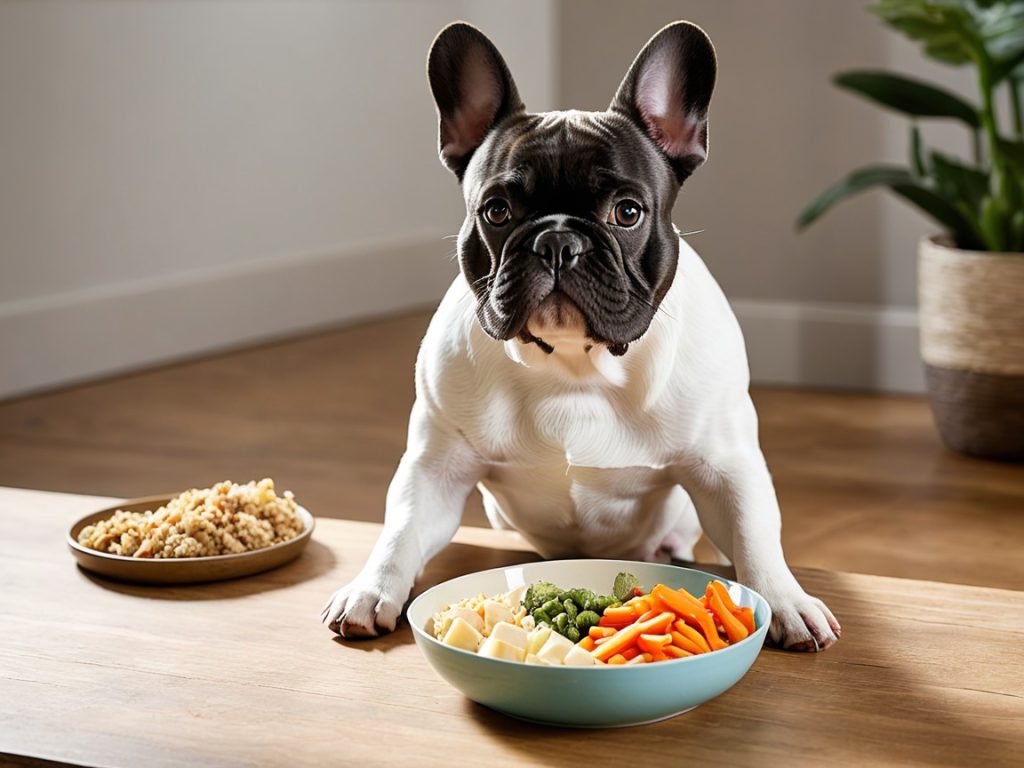Table of Contents
ToggleIntroduction
Popcorn is a beloved snack many people enjoy during movie nights, gatherings, or as a quick, light bite. Its crunchiness and versatility make it a popular human treat, but what about our furry friends? Many dog owners wonder, “Can dogs eat popcorn with butter?” This article dives deep into this question, exploring the potential risks and benefits of feeding popcorn to dogs, especially when it’s buttered.
For more detailed guidance on what foods are safe for dogs, visit Value Dog Food, a trusted resource for canine nutrition. If you’re curious about other controversial treats, check out their article on Can Dogs Eat Ham Bones? to learn about the potential risks of feeding ham bones to your pet.
What Is Popcorn?

Popcorn is a corn kernel that expands and puffs up when heated. This transformation occurs because of the moisture trapped inside the kernel, which turns to steam, causing the hull to burst open. The result? A fluffy, airy snack that’s irresistible to many.
Nutritionally, plain popcorn is low in calories and contains fiber, which is beneficial for digestion. It’s also gluten-free, making it suitable for people (and pets) with specific dietary needs. But can dogs eat popcorn with butter? While plain, air-popped popcorn in small amounts is generally safe for dogs, popcorn with butter is not recommended. Butter adds unnecessary fat and calories, which can upset a dog’s stomach and lead to long-term health issues like obesity or pancreatitis. Additionally, excessive salt often found in buttery popcorn can be harmful to dogs.
If you’re sharing popcorn with your pup, stick to plain, unseasoned varieties and offer it sparingly. Always ensure there are no unpopped kernels, as these can pose a choking hazard.
Is Popcorn Safe for Dogs?
The short answer is: Yes, plain popcorn can be safe for dogs, but there are some caveats. Let’s break it down:
Benefits of Plain Popcorn for Dogs
Low-Calorie Treat: When air-popped without any additives, popcorn is a light snack that won’t contribute significantly to a dog’s calorie intake.
Fiber: Helps promote healthy digestion and regular bowel movements.
Antioxidants: Popcorn contains small amounts of polyphenols, which are antioxidants that combat free radicals in the body.
Risks of Plain Popcorn
Unpopped Kernels: These can pose a choking hazard and may cause dental issues or gastrointestinal blockages.
Overfeeding: Even plain popcorn can lead to weight gain if given in large quantities.
The Problem with Buttered Popcorn

Buttered popcorn, while delicious to humans, can spell trouble for dogs. Here’s why:
1. High Fat Content
Butter is loaded with saturated fats, which can upset your dog’s digestive system. Consuming large amounts of butter can lead to vomiting, diarrhea, and in severe cases, pancreatitis (inflammation of the pancreas).
2. Excess Calories
Butter adds a significant number of calories to popcorn. Regularly feeding buttered popcorn to your dog can lead to weight gain and obesity.
3. Salt and Additives
Most buttered popcorn also contains added salt and flavorings. Excess salt can cause:
Dehydration
Sodium ion poisoning in extreme cases, leads to symptoms like excessive thirst, urination, lethargy, and even seizures.
4. Risk of Toxic Additives
Many store-bought buttered popcorns come with added flavors like caramel or cheese, which are harmful to dogs. Artificial sweeteners such as xylitol, often found in flavored popcorn, are highly toxic to dogs and can be fatal even in small amounts.
Additional Concerns whether Can Dogs Eat Popcorn With butter?
Beyond butter and salt, here are other reasons why you should be cautious about feeding popcorn to dogs:
Unpopped Kernels
Unpopped or partially popped kernels can:
Get stuck in your dog’s teeth, leading to discomfort or dental issues.
Pose a choking hazard.
Cause digestive blockages.
Portion Size Matters
Dogs have smaller stomachs than humans, and even a modest amount of popcorn can overwhelm their digestive system. Overfeeding can lead to bloating, discomfort, or more severe gastrointestinal issues.
Can Dogs Eat Popcorn as a Treat?

Yes, dogs can enjoy popcorn as a treat if it’s prepared correctly. Here’s how to make it safe:
Safe Preparation Methods
Air-Pop the Popcorn: Use an air popper to prepare popcorn without oil or butter.
No Additives: Skip the salt, butter, and other flavorings.
Small Portions: Offer only a handful at a time to avoid overfeeding.
Feeding Tips
Serve popcorn as an occasional treat, not a regular part of your dog’s diet.
Always supervise your dog while they’re eating popcorn to prevent choking.
Ensure all unpopped kernels are removed before serving.
Alternatives to Buttered Popcorn
If your dog loves the crunch of popcorn, but you’re wary of the risks, consider these healthy alternatives:
Carrot Sticks: Crunchy and full of vitamins.
Apple Slices: A sweet, fiber-rich treat (ensure no seeds or core).
Green Beans: Low-calorie and satisfying.
Commercial Dog Treats: Designed specifically for canine health and sa
What to Do If Your Dog Eats Buttered Popcorn
Accidents happen. If your dog manages to sneak some buttered popcorn, here’s what to do:
Watch for Symptoms
Monitor your dog for signs of digestive distress, including:
Vomiting
Diarrhea
Excessive thirst
Lethargy
Restlessness
When to Contact a Vet
If your dog shows severe symptoms like prolonged vomiting, lack of appetite, or unusual behavior, contact your veterinarian immediately.
Prevent Future Incidents
Keep buttered popcorn and other human snacks out of your dog’s reach.
Educate family members and guests about not feeding human food to your dog.
Conclusion: Can Dogs eat Popcorn With Butter?
So, can dogs eat popcorn with butter? While plain, air-popped popcorn can be a safe and enjoyable treat for dogs in moderation, buttered popcorn is best avoided due to its high fat, calorie, and salt content. Always prioritize your dog’s health by choosing safe, dog-friendly snacks and consulting your vet for dietary advice.
Treats should enhance your dog’s life, not compromise their well-being. By making informed choices, you can ensure that snack time is both fun and healthy for your furry companion!



